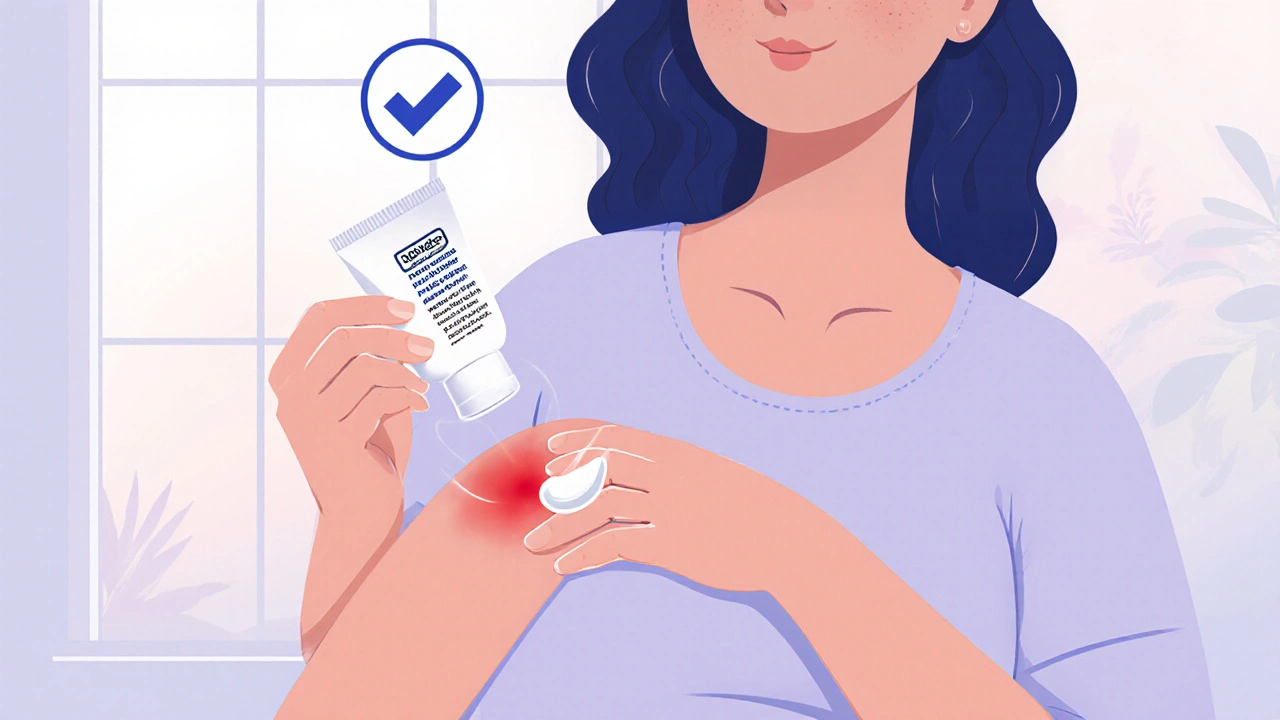Pregnancy Acne Treatment: Safe Options and What Works
When you’re pregnant, your skin can change fast—breakouts aren’t rare, and they’re not your fault. Pregnancy acne treatment, the process of managing breakouts during pregnancy using safe, non-harmful methods. Also known as hormonal acne during pregnancy, it’s caused by rising levels of androgens that boost oil production, clog pores, and trigger inflammation. Unlike regular acne, this isn’t about poor hygiene or stress—it’s biology. The good news? You don’t need harsh chemicals or oral meds to clear it up. Many common acne treatments, like isotretinoin or tetracycline antibiotics, are off-limits during pregnancy because they can harm fetal development. But that doesn’t mean you’re stuck with breakouts.
Instead, focus on topical acne treatments pregnancy, external skincare products approved for use during pregnancy. Also known as safe acne meds pregnancy, these include benzoyl peroxide in low doses, azelaic acid, and certain glycolic or lactic acid products. These work on the surface, don’t enter your bloodstream in significant amounts, and are backed by clinical data. Avoid salicylic acid in high concentrations or oral retinoids—these carry known risks. Even natural remedies like tea tree oil can help, but always patch-test first. Your skin might be more sensitive now, so gentle is key.
And don’t forget the bigger picture: pregnancy skin care, a holistic approach to maintaining healthy skin during pregnancy without compromising safety. Also known as hormonal acne during pregnancy, this includes things like washing twice a day with a mild cleanser, avoiding oil-based makeup, staying hydrated, and not picking at blemishes. Sunscreen is also critical—some acne treatments make skin more sensitive to UV damage, and melasma (the pregnancy mask) often shows up alongside breakouts. What you do daily matters more than any single product.
What you’ll find in the posts below aren’t generic lists or marketing fluff. You’ll see real comparisons between products that are safe to use, what actually works based on clinical evidence, and how to avoid common mistakes that make acne worse. No guesswork. No scary warnings without solutions. Just clear, practical advice from people who’ve been there and from the science that supports it.
Safe Topical Medications and Creams During Pregnancy: What You Can and Can’t Use
Learn which topical creams and medications are safe to use during pregnancy for acne, eczema, fungal infections, and more. Avoid risky ingredients like retinoids and NSAIDs after 30 weeks.
Read more
